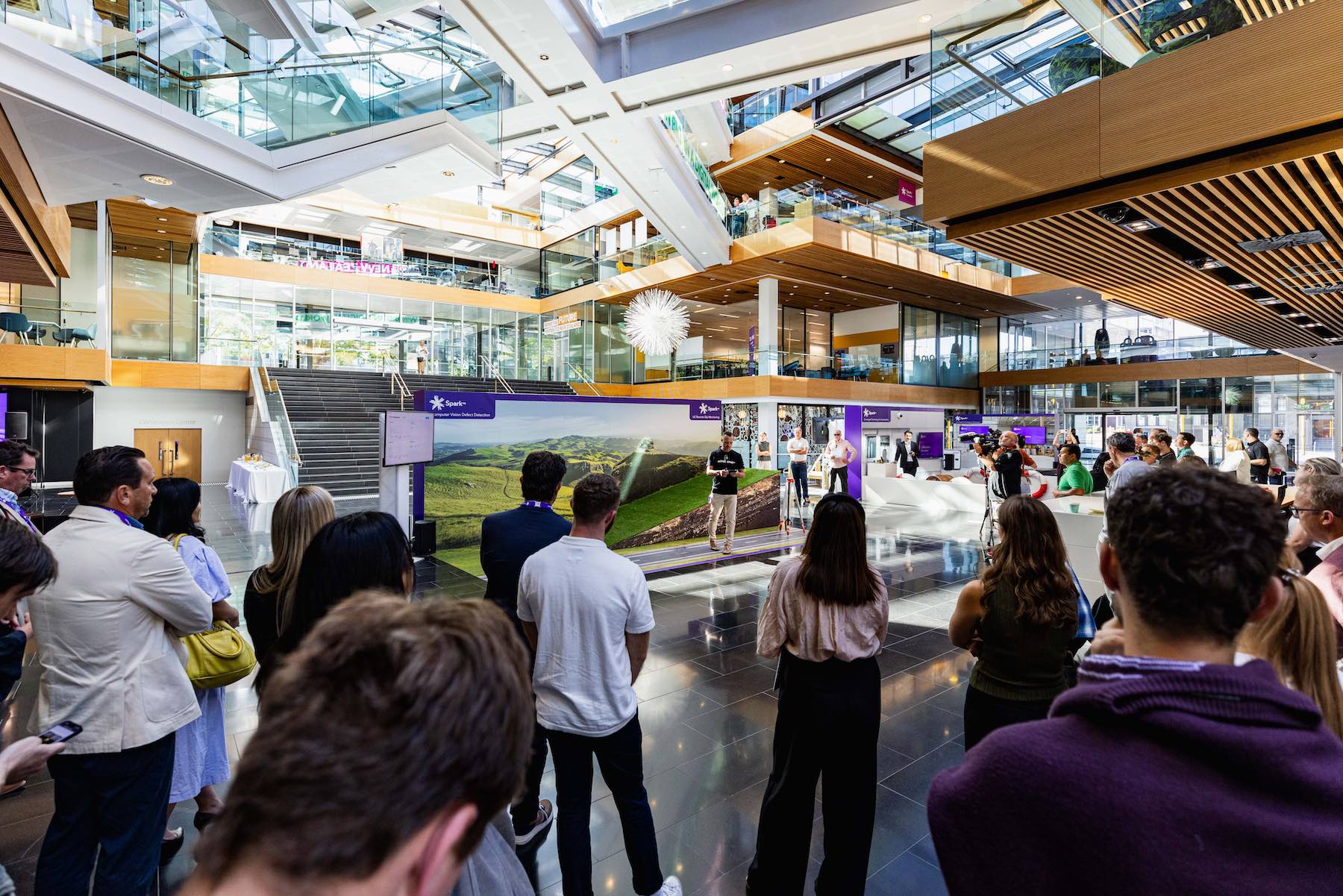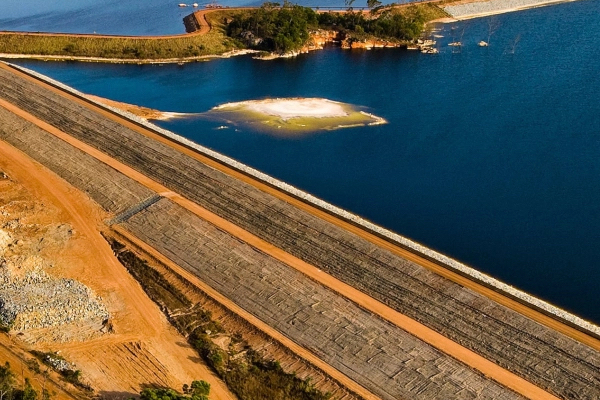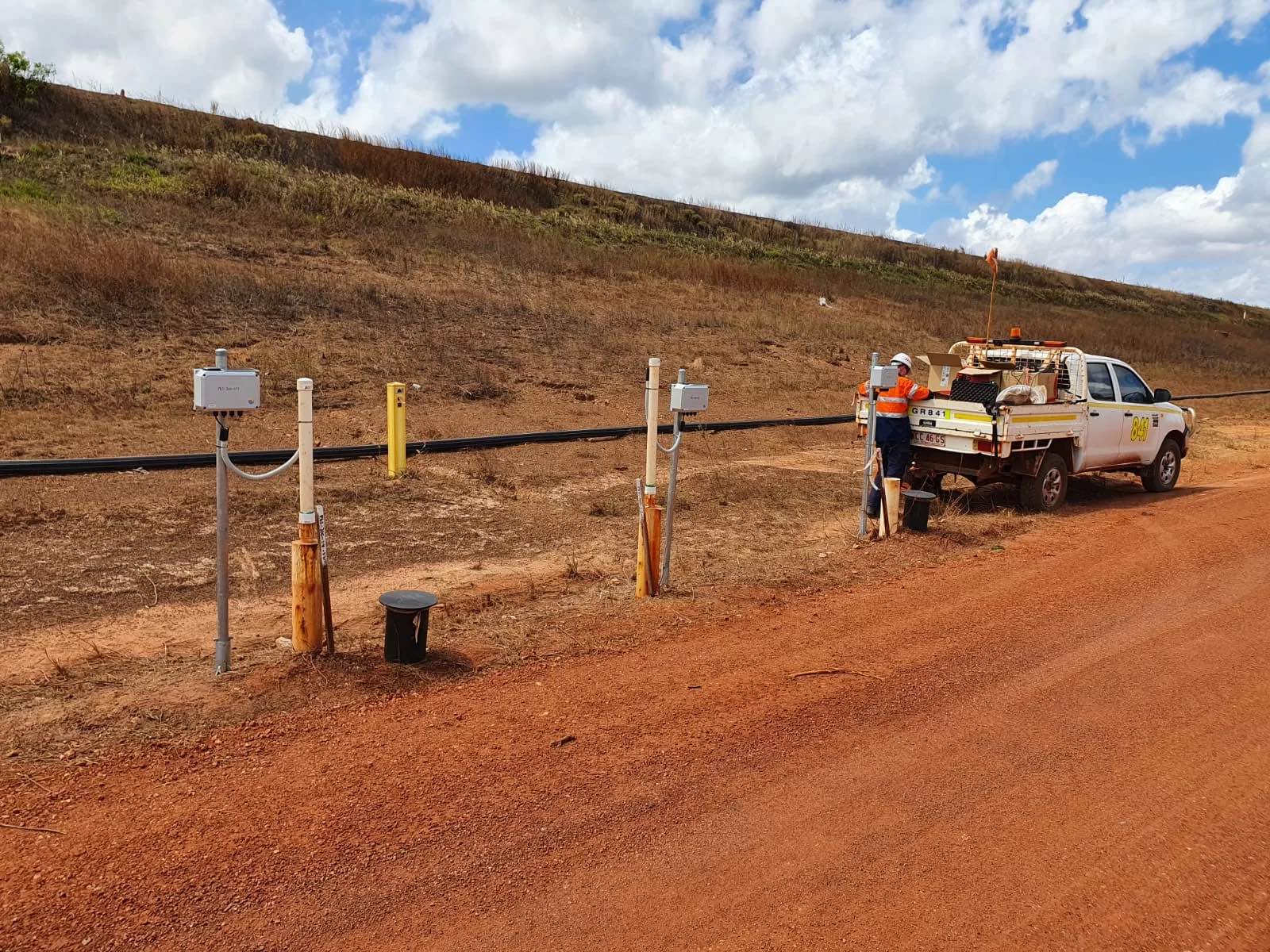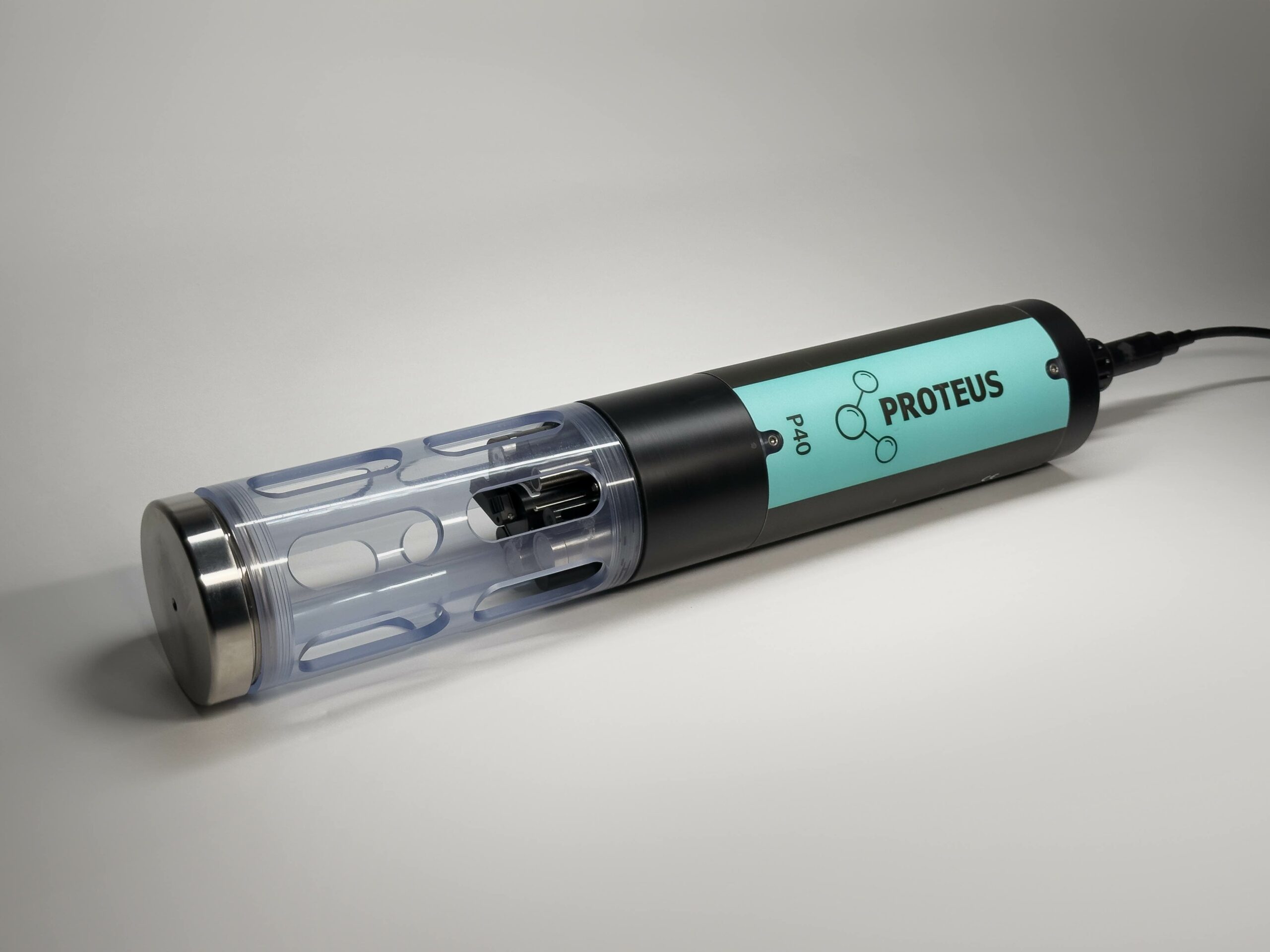Real-Time Environmental Monitoring Technology has Arrived in Time to Boost New Zealand’s Productivity
A recent report suggests that better use of advanced technology could grow productivity and help transition New Zealanders to smarter ways of working. So, how can Adroit environmental sensor technology improve productivity and empower businesses to make better decisions for their efficiency, the environment and their bottom line?

Adroit CEO, Blair Stewart says he welcomes the report and the challenge that’s been laid down for New Zealand business.
I’ve been in the technology business for almost 30 years and have seen the difference between companies that embrace technology to provide better products and services more efficiently, versus those that don’t.
Technology adoption can be a game changer for individual businesses. So combined across the board, it would absolutely provide a boost for the entire country


And Stewart says there’s more to it than just cost-savings and that having access to live data, with alerts for early warning of slips and other factors is valuable as it enables faster response and potentially better issue mitigation.
“For example, Adroit is implementing the world’s first sensors that enable real-time measurement of bacteria such as E.Coli and Blue Green Algae in lakes and rivers.

Stewart says that AI is part and parcel of real-time environmental monitoring technology because as soon as you have large amounts of data, you need to have some way to manage and use it.
“We talk about Environmental Intelligence, which includes tools such as data analytics to help summarise and visualise information from that data, and then make decisions from it, and that’s where AI comes in to help make the decisions for us. It’s an absolute game changer,” he says.
So, why is New Zealand slipping behind in digital monitoring technology and what can be done to change that? Stewart says in many cases potential customers are concerned about the initial investment above all.
“Often we talk to companies about technology, and they say: “This technology’s great, we agree it’ll be of huge benefit, but it’s not in this year’s budget”. Or, “We haven’t done our budget cycle for next year and we’re all being told there’s no CapEx”.
“Don’t look at those things as barriers. Talk to us. Part of our job is to help clients identify the value this technology can provide. This may be a straight reduction in monthly opex, an increase in productivity, or improved worker safety. ” he says.
“Through the Spark group, Adroit can offer subscription services, so we can structure the cost of the technology to align with what would have been the previous cost.
“Because if a company’s spending money sending two guys in a ute to do a measurement each month, and we can replace that with technology, then there’s a straight OpEx saving,” he says.
Stewart says that the report comes at a critical time for the New Zealand economy and he’s passionate about the potential for real transformation of some of New Zealand’s key industries.
“So, again, I applaud Spark for such a great initiative. This is exciting because it’ll help start a conversation about the potential of our technology and the benefits it can have.
